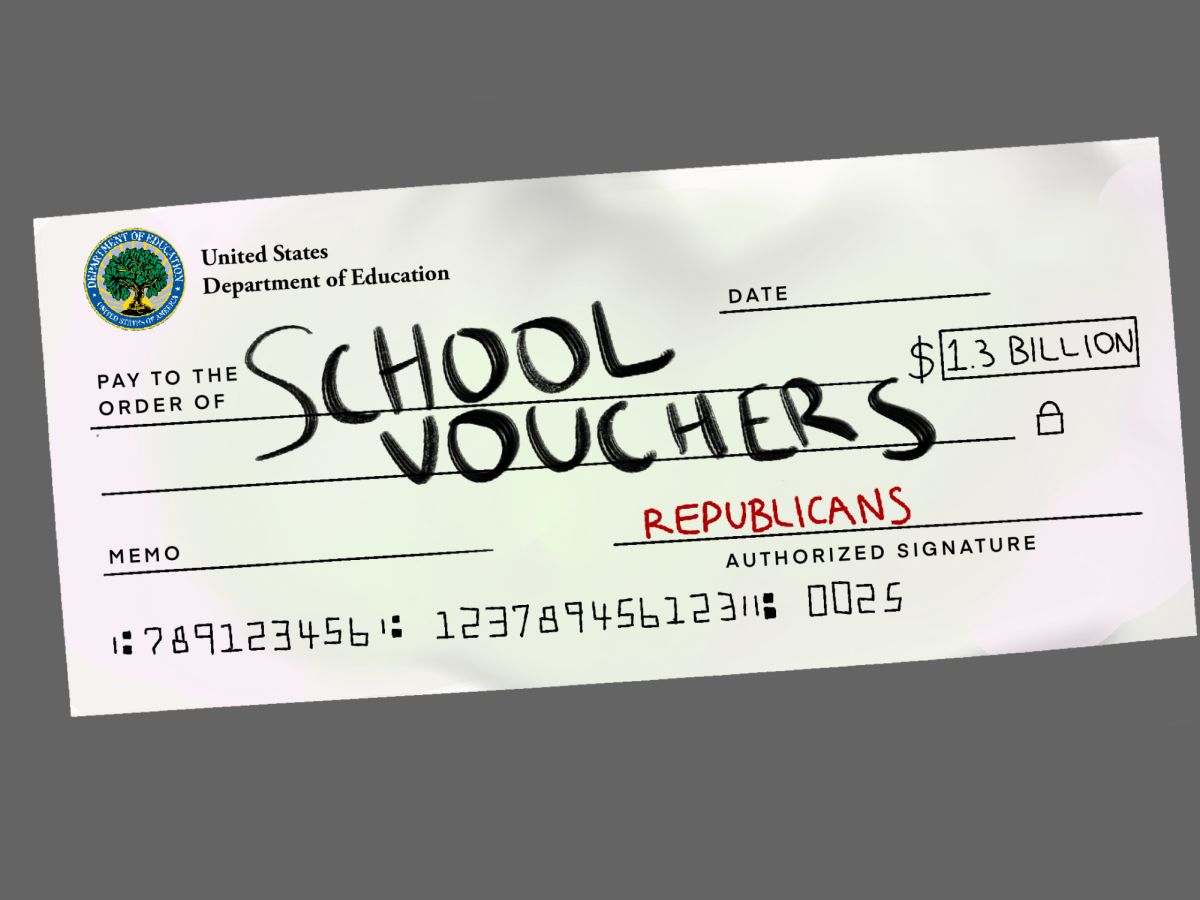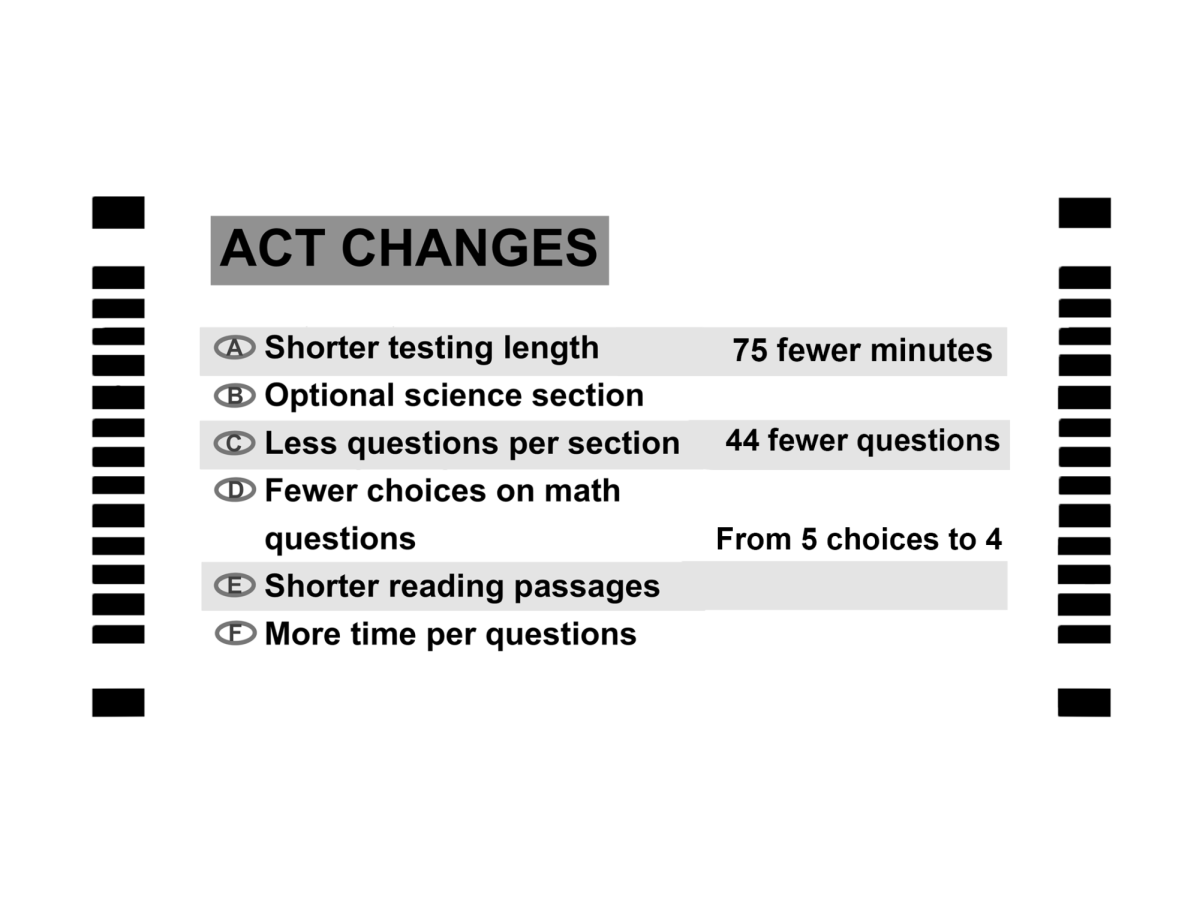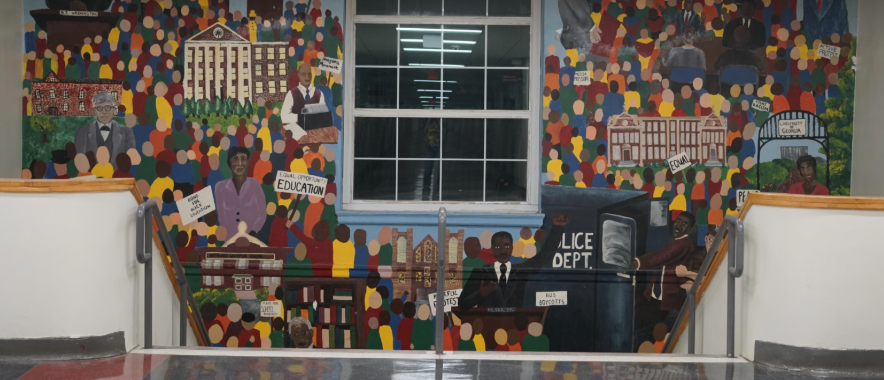For those following the Republican political candidates, a key education issue often brought up is school vouchers. Ron Desantis, Donald Trump and Vivek Ramaswamy –- the top three Republican contenders for the 2024 presidential election — are all big supporters of school vouchers, an education initiative that provides families with government money to fund private education.
Although school voucher programs often do a good job of allocating more money towards education, they are detrimental to the education system as a whole. They are taking money away from public schools, blurring the lines between church and state and perpetuating existing disparities in America’s education systems to further racially and socioeconomically segregate our education system.
School vouchers were created during the Jim Crow era in Prince Edward County, Virginia, and played a pivotal role in maintaining segregation. When the U.S. Supreme Court declared racial segregation in public education unconstitutional in its 1954 Brown v. Board of Education ruling, white residents in Prince Edward County resisted integration. They implemented a strategy known as “massive resistance,” which involved the allocation of state funds through a voucher program, offering financial support to students who attended private schools or public schools outside the county.
While seemingly neutral on the surface, this voucher system effectively supported segregation by diverting funds away from integrated public schools. White students were allowed to attend private schools through the use of vouchers; however black students were denied access and as a result, forced to remain in underfunded, segregated schools.
Although federal legislation like the Civil Rights Act of 1964 and the Elementary and Secondary Education Act of 1965 helped dismantle these racially segregating practices, school vouchers still socioeconomically segregate our education system, as they don’t cover the full cost of a private education, making it so only certain families can afford to attend these schools.
During Trump’s presidency, he and Secretary of Education Betsy DeVos proposed and pushed a school voucher system nationwide, which would have funneled millions of taxpayer dollars out of public schools and into unaccountable private schools. This proposal had the potential to slash the Education Department’s budget by more than 13 percent, or $9 billion, while providing $1.25 billion for school vouchers, including $250 million for private school vouchers.
Trump has repeatedly referenced this plan on his social media platform Truth Social, calling the public education system a “hoax” and “indoctrination” under Biden’s presidency and stating that if he wins reelection in 2024, he plans to bring this plan back.
His plan would provide families with $6,000 per year vouchers for students to use towards private school tuition. However, the annual tuition of most private schools is much greater. For example, Atlanta area private schools Paideia and Woodward have high school tuitions of $28,875 and $31,150 per year, meaning that parents looking to enroll their children in these schools would have to spend upwards of $20,000 a year, even with a voucher.
The reality is that many of these voucher programs only cover a small portion of the cost, leaving lower-income families unable to make use of the supposed benefits being provided to them. This means that the families taking advantage of this initiative are already able to afford private education, so school vouchers, therefore, create an economically homogenous school environment, restricting educational perspectives.
School voucher programs allow families to use state funding that would otherwise fund their childrens’ education in public school districts to fund their childrens’ education in a private school of their choice. In addition to putting lower income schools at an even greater disadvantage by diverting money from public school districts that need it the most, school vouchers raise concerns about the separation of church and state, as these programs often allow parents to use public funding to enroll their children in private religious schools.
When public funds are directed to religious schools, there is a risk that these schools may engage in religious indoctrination or promote specific religious beliefs in their curriculum and activities. This would mean government funds are supporting religious instruction, clearly shattering the line in separation of church and state.
Republican candidates tout school vouchers as the future of education, but instead, school vouchers have increasingly become a rallying cry for candidates and parents upset with public school decisions who want to send their children to private schools. These unjustified expansions of school choice policies only weaken public school systems, leaving behind the students who need support the most, rather than lifting them up.














